MCQ for Botanical Gardens for NEET |MCQ ON —NEET Biology class 11th |MCQ Questions for class 11 Biology chapter 1, Botanical Gardens with answer | Check the below NCERT MCQ question for class 11 Biology chapter 1 based on Botanical gardens with answers.
MCQ Questions for class 11 Biology with Answers were prepared based on the latest pattern. We have provided class 11 Biology MCQs questions on Botanical Gardens with answers to help students understand the concept very well.
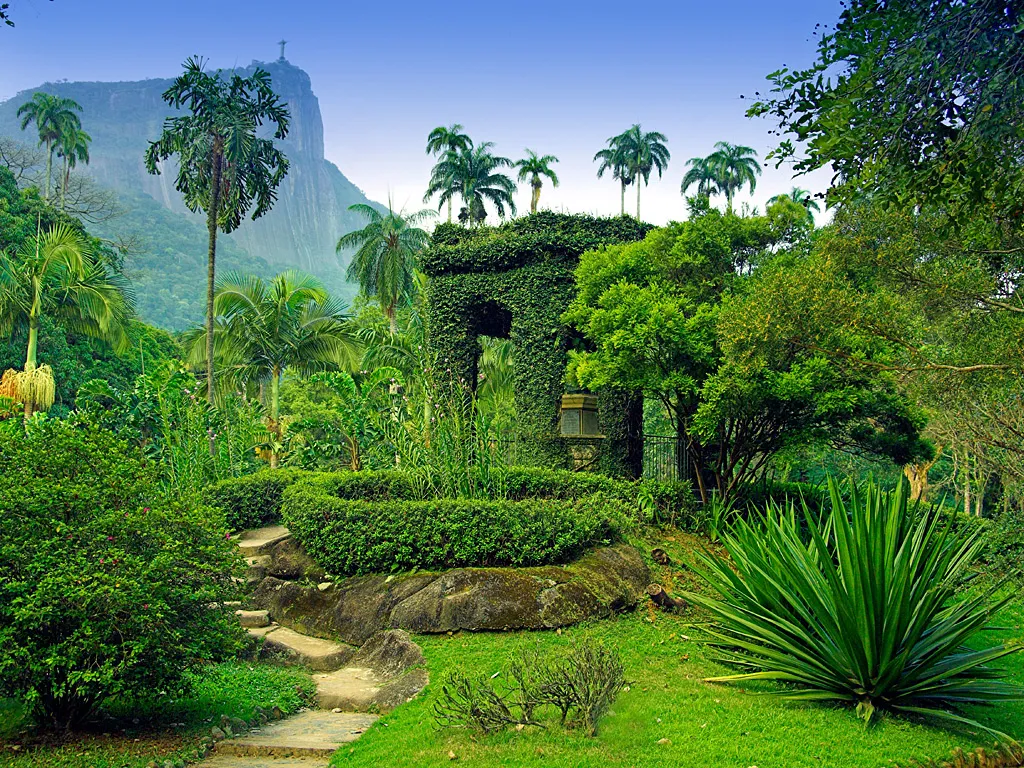
Botanical Gardens for NEET
MCQ on is useful for NEET/ CSIR/ UGC/ CBSE/ ICSE /AIIMS EXAM/ AFMC EXAM/ JAC exam/ STATE LEVEL MEDICAL EXAM
Introduction:-
Botanical gardens have collections of living plants for reference. Plants species in this Gardens are grown for identification purpose and each plant is labelled by indicating its Botanical/specific name and its family. The famous botanical gardens are at Kew (England), Indian Botanical Garden, Howrah (India) and the National Botanical Research Institute, Lucknow (India).Botanical Garden exclusively growing trees and shrubs is known as Arboretum.
MCQ for Botanical Gardens for NEET
Here are ten multiple-choice questions (MCQs) based on Botanical Gardens for NEET with answer:-
1. What is the primary purpose of a botanical garden?
a) To display sculptures and artwork
b) To conduct research on wildlife
c) To conserve and display a wide variety of plant species
d) To house exotic animals
Answer: c) To conserve and display a wide variety of plant species
2. Which of the following is NOT a function of a botanical garden?
a) Education and research
b) Conservation of plant species
c) Preservation of historic buildings
d) Recreation and leisure
Answer: d) Recreation and leisure
3. The first botanical garden in the world, created for research and medicinal plant cultivation, is the:
a) Kew Gardens, England
b) Jardin des Plants, France
c) Royal Botanic Gardens, Sydney
d) University of California Botanical Garden, USA
Answer: b) Jardin des Plants, France
4. Which type of botanical garden specializes in the conservation and display of endangered plant species?
a) Arboretum
b) Alpine Garden
c) Medicinal Garden
d) Endangered Species Garden
Answer: d) Endangered Species Garden
5. Which term refers to the cultivation of plants outside their natural habitat, often within a botanical garden?
a) Biodiversity
b) Horticulture
c) Herbarium
d) Photosynthesis
Answer: b) Horticulture
6. The Royal Botanic Gardens at Kew, London, is a UNESCO World Heritage Site. What is its primary focus?
a) Orchids
b) Cacti and succulents
c) Palm trees
d) Biodiversity and plant conservation
Answer: d) Biodiversity and plant conservation
7. Which of the following is a critical aspect of maintaining a botanical garden’s plant collections?
a) Frequent relocation of plants
b) Overcrowding of different plant species
c) Proper labeling and record-keeping
d) Excessive use of pesticides
Answer: c) Proper labeling and record-keeping
8. The International Union for Conservation of Nature (IUCN) plays a crucial role in assessing the conservation status of:
a) Animal species only
b) Plant species only
c) Both plant and animal species
d) Fungi and bacteria
Answer: c) Both plant and animal species
9. Botanical gardens often collaborate with institutions worldwide to exchange plant materials. What is this practice called?
a) Pollination
b) Propagation
c) Germplasm exchange
d) Phytoremediation
Answer: c) Germplasm exchange
ALSO READ:-
● YOU CAN WATCH BIOLOGY SIR Youtube channel
10. Which of the following is NOT a benefit of botanical gardens for education?
a) Promoting awareness of plant diversity
b) Providing a setting for recreational activities
c) Offering opportunities for hands-on learning
d) Conducting research on plant biology
Answer: b) Providing a setting for recreational activities
Conclusion:-
MCQ for Botanical Gardens for NEET :- Botanical gardens often collaborate with institutions worldwide to exchange plant materials. What is this practice called? a)Pollination, b) Propagation ,c) Germplasm exchange, d) Phytoremediation, Answer: c) Germplasm exchange.

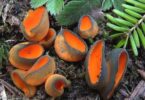
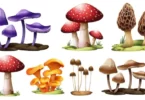
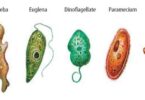

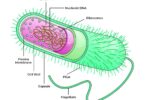
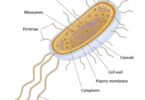
Leave a Comment